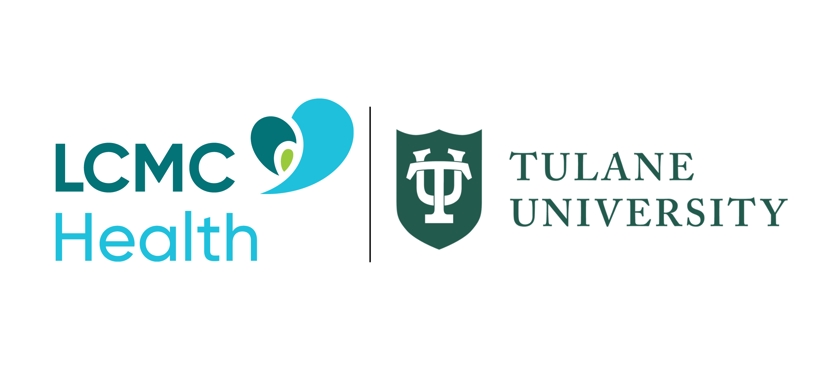Preparing your home for COVID-19: What, when, and how to clean
- Category: News
- Posted on:

Based on what is currently known about the novel coronavirus (COVID-19) and similar coronaviruses, spread from person to person with these viruses happens most frequently among close contacts (within about 6 feet). This type of transmission occurs via respiratory droplets.
The transmission of coronavirus to people from surfaces contaminated with the virus has not been documented, according to The Centers for Disease and Prevention Control.
Transmission of coronavirus occurs much more commonly through respiratory droplets than through "fomites," or objects or materials which are likely to carry infection, such as clothes, utensils, and furniture.
RELATED: The most effective ways to kill coronavirus in your home
Current evidence suggests that novel coronavirus may remain viable for hours to days on surfaces made from a variety of materials. Cleaning of visibly dirty surfaces followed by disinfection is a best practice measure for the prevention of COVID-19.
What surfaces need to be cleaned and disinfected?
Clean and disinfect frequently touched surfaces such as
- Tables
- Doorknobs
- Light switches
- Countertops
- Handles
- Desks
- Phones
- Keyboards
- Toilets
- Faucets
- Sinks
If surfaces are dirty, clean them using detergent or soap and water prior to disinfection. To disinfect, most common EPA-registered household disinfectants will work.
What's the difference between cleaning and disinfecting?
- Cleaning refers to the removal of germs, dirt, and impurities from surfaces. Cleaning does not kill germs, but removing them, lowers their numbers and the risk of spreading infection.
- Disinfecting refers to using chemicals to kill germs on surfaces. This process does not necessarily clean dirty surfaces or remove germs, but killing germs on a surface after cleaning, can further lower the risk of spreading infection.
How often should I clean and disinfect?
Daily.
There are additional guidelines available for cleaning and disinfecting households with people isolated to homecare and/or are suspected or confirmed to have COVID-19.
Click here to learn more about home care guidelines.
What else can I do to prepare my home?
Create a household plan of action to help protect your health and the health of those you care about in the event of an outbreak of COVID-19 in your community:
- Talk with the people who need to be included in your plan, and discuss what to do if a COVID-19 outbreak occurs in your community.
- Plan ways to care for those who might be at greater risk for serious complications, particularly older adults and those with severe chronic medical conditions like heart, lung, or kidney disease.
- Make sure they have access to several weeks of medications and supplies in case you need to stay home for prolonged periods of time.
- Get to know your neighbors and find out if your neighborhood has a website or social media page to stay connected.
- Create a list of local organizations that you and your household can contact in the event you need access to information, healthcare services, support, and resources.
- Create an emergency contact list of family, friends, neighbors, carpool drivers, health care providers, teachers, employers, the local public health department, and other community resources.
Additional resources:
Staying calm during coronavirus: Doctor offers best tips for lowering anxiety
How to dispel your child's fears about coronavirus
Why handwashing really is effective in stopping the spread of coronavirus
COVID-19 Parent Resource Center from Children's Hospital New Orleans

